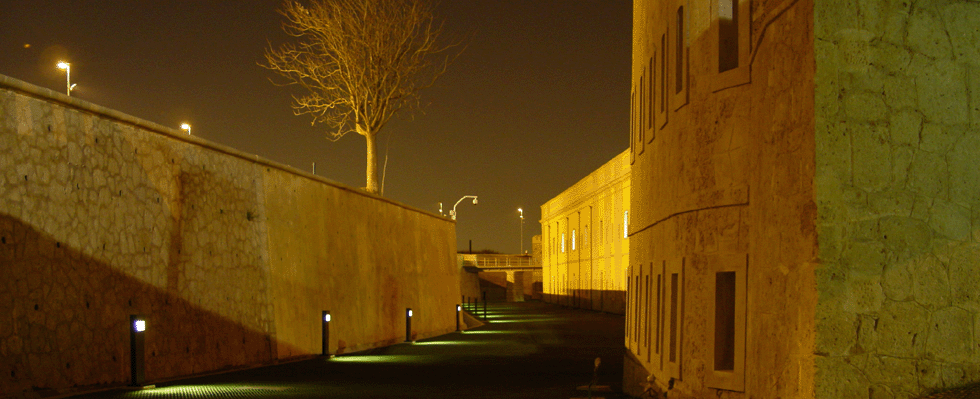
Narcotrafficking: A European perspective
SIRP has organized a course on Narcotrafficking: A European perspective, which delved in different aspects of this phenomenon.
We kickstarted our quest by actively shifting our focus to Mapping the Network, aiming at pinpointing and comprehending the lifelines of this illicit trade—the production zones, transit routes, and distribution hubs. Our analysis exposed Europe's dual role as a market and a critical nexus in this global trafficking dilemma.
Secondly, we scrutinized the Socio-Economic Implications, unravelling how narcotrafficking weaves into the socio-economic fabric of our nations, affecting economies, altering employment landscapes, and testing the resilience of our societies.
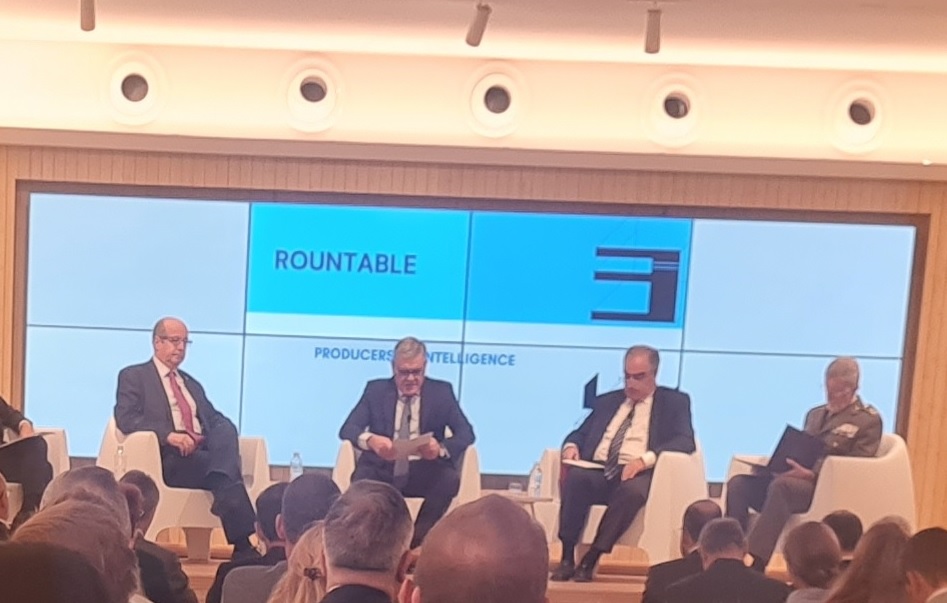
Seminar on Intelligence and Decision Making, Madrid
On September 19 and 20, 2023, the Seminar on Intelligence and Decision Making,
organized by the Intelligence College in Europe (ICE) and the Centro Nacional de Inteligencia (CNI) of Spain, took place at the José Ortega y Gasset-Gregorio Marañón Foundation (FOM) in Madrid.
The seminar was inaugurated by the Secretary of State Director of the CNI, Esperanza Casteleiro, and had the participation of the Secretary General of the CNI himself, Arturo Relanzón, and that of different European Intelligence Services, managers of the public and private sector, heads of office and senior officials of several European security institutions and academics from different countries.
The participation of prestigious academic staff and private companies favored the plurality of points of view and enriched the dialogue, achieving a much broader and more valuable vision of the needs of Intelligence consumers. The level of representation of some of the highest EU clients of Intelligence has helped bringing in interesting feedbacks and points of view, in many cases different from the national points of view. To be noted, also, the active and dynamic presence of both EU SATCEN and EU INTCEN’s directors, who have helped the attendees to better understand the relations between national and European decision-makers on one side and the degree of intelligence support given to the EU institutions on the other side.

Postgraduate Course ‘Intelligence and the Military’
From October 2nd to October 6th the postgraduate course ‘Intelligence and the Military’ took place in The Hague, the Netherlands. This event was hosted by the Faculty of Military Sciences of the Netherlands Defence Academy (NLDA) and supported by the Dutch Defence Intelligence and Security Service under the framework of the Intelligence College in Europe (ICE). Around 30 participants from 15 countries attended, coming from the full range of ICE member intelligence organizations.
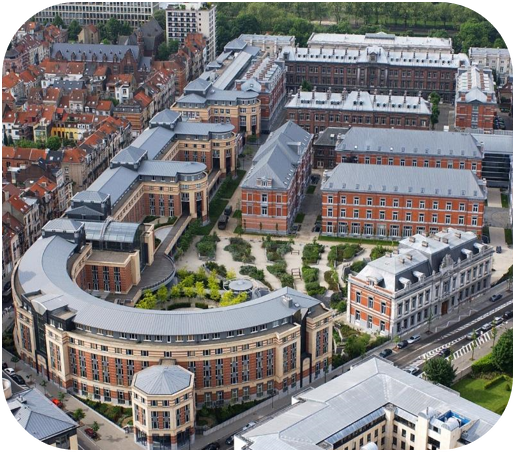
Thematic Seminar on “How to implement strategic issues in the intelligence work?”
On 31st of May and 1st of June 2023, the Belgian Security (VSSE) and CUTA, with the support of the Royal Military Academy and the Institute Egmont, organised a Thematic Seminar on “How to implement strategic issues in the intelligence work?” which attracted a very large affluence, gathering 80 participants from 23 countries and international organisations.
Due to the high interest in the subject, the informal atmosphere, and its diversified setup, bringing together intelligence practitioners, academics, think tankers, and decision-makers (recipients of strategic intelligence or people involved in the prioritisation), the Thematic Seminar was both intensive and intense.
During this seminar, participants were given the opportunity to ask questions and address issues related to their daily work, as well as problematics most important to them, making it particularly interactive.
This first ever ICE seminar in Brussels shows also all the interest of such events, giving the opportunity to make selected EU outreach actions and to flag the high degree of cooperation within our European intelligence and security community.

Thematic Seminar - Russian Threat – the 10-year perspective
The Czech Security information service (BIS) hosted a thematic seminar in Prague on the topic of Russian threat – the 10-year perspective. The seminar took place on May 23 – May 25, 2023.
The two-day seminar was divided into four blocks: first one focused on Russia as a security threat for Central Europe and Western countries in general in 10 years, the second on the future of Russian relations with the rest of the world, namely China and African countries. The third dealt with the issue of energy and its use as a Russian weapon (again with the 10-year perspective). The last block consisted of several short presentations of Czech security services and other state institutions on the main seminar topic.

French seminar on open-source intelligence (OSINT)
From 1st to 3rd of March 2023, France welcomed in Paris an Intelligence College in Europe seminar on open-source intelligence (OSINT). During this event, the six main French intelligence services, as well as academics, EU and European member states services representatives and civil society members have been able to dialogue on their views and concerns as far as challenges and developments of OSINT are concerned.
Even if OSINT is still delicate to define in a homogenous way all over Europe and beyond, a few consensuses arose thank to the various presentations. OSINF (Open Source Information) is one part of the scene, it encompasses commercial data basis or available in open data, accessible to the public for any kind of purpose (research, watch). On the other hand, OSINT covers more targeted field. It is concrete and actionable intelligence collected on precise target, with complex techniques from screening to de-anonymisation. The purpose of the collection makes the difference between OSINF and OSINT.

Security Processes and Challenges in the Western Balkans and their impact on Europe – Executive Education Session
On behalf of the Intelligence College in Europe (ICE), from 6 to 10 February 2023 the Security and Intelligence Agency (SOA) hosted a session on security processes and challenges in the Western Balkans (WB) and their impact on Europe. 30 participants from 14 ICE member countries joined the session in Zagreb to reflect on the security in South East Europe from several different perspectives and on current challenges facing this area.

“Psychology in the Service of Intelligence” Seminar
Under the framework of the Intelligence College in Europe the Portuguese Republic Intelligence System (SIRP), organised on 29th November 2022, the “Psychology in the Service of Intelligence” Seminar, which was attended by 41 representatives of ICE members states and partners, as well as European academics.
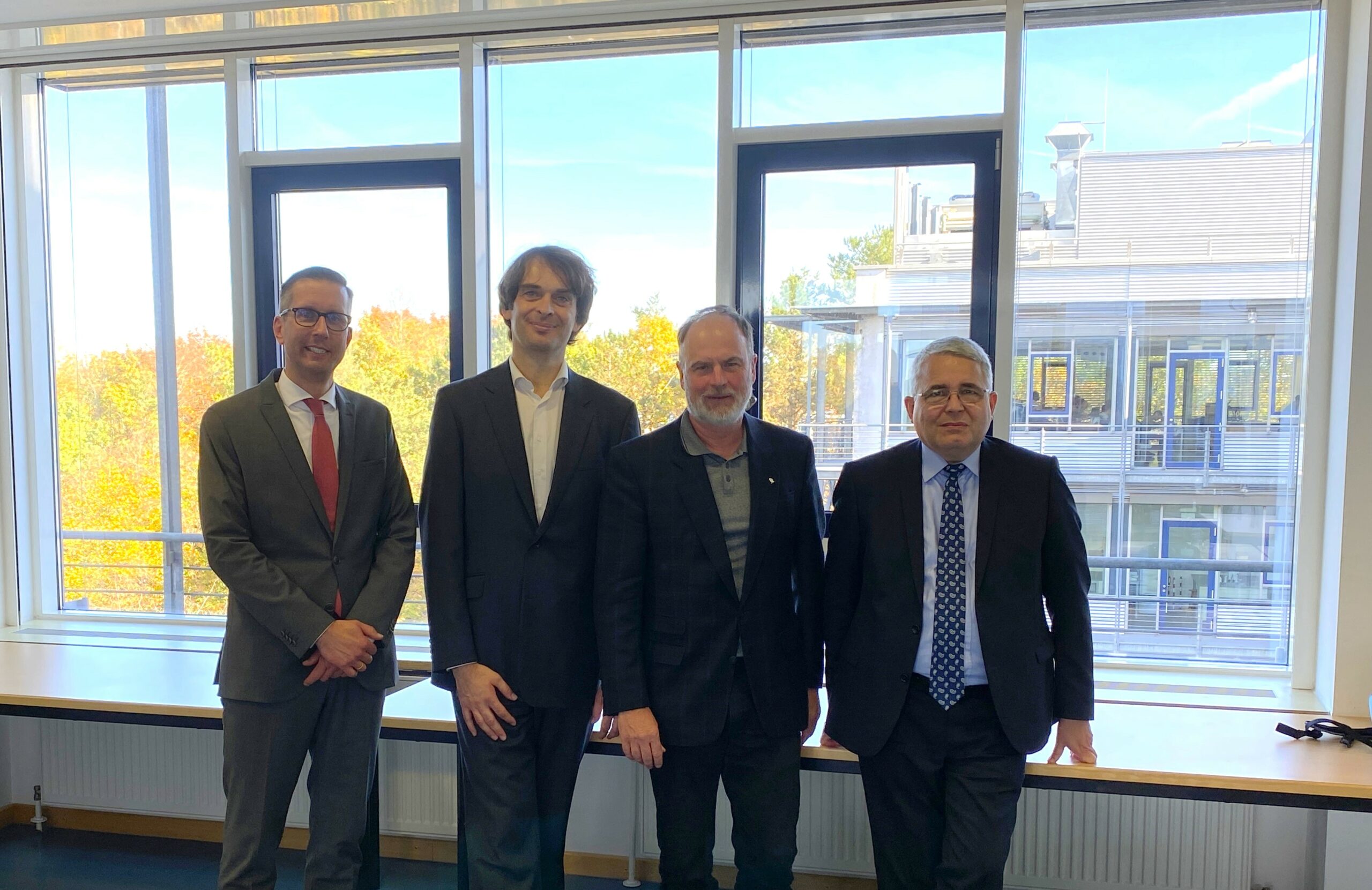
Munich – Module on Counterterrorism
From 17th until 21st October 2022 the Module on “Counterterrorism” took place in Munich, Germany. This official kick-off event of the Modularised Curriculum was hosted by the German Universität der Bundeswehr (UniBw) under the framework of the Intelligence College in Europe (ICE).
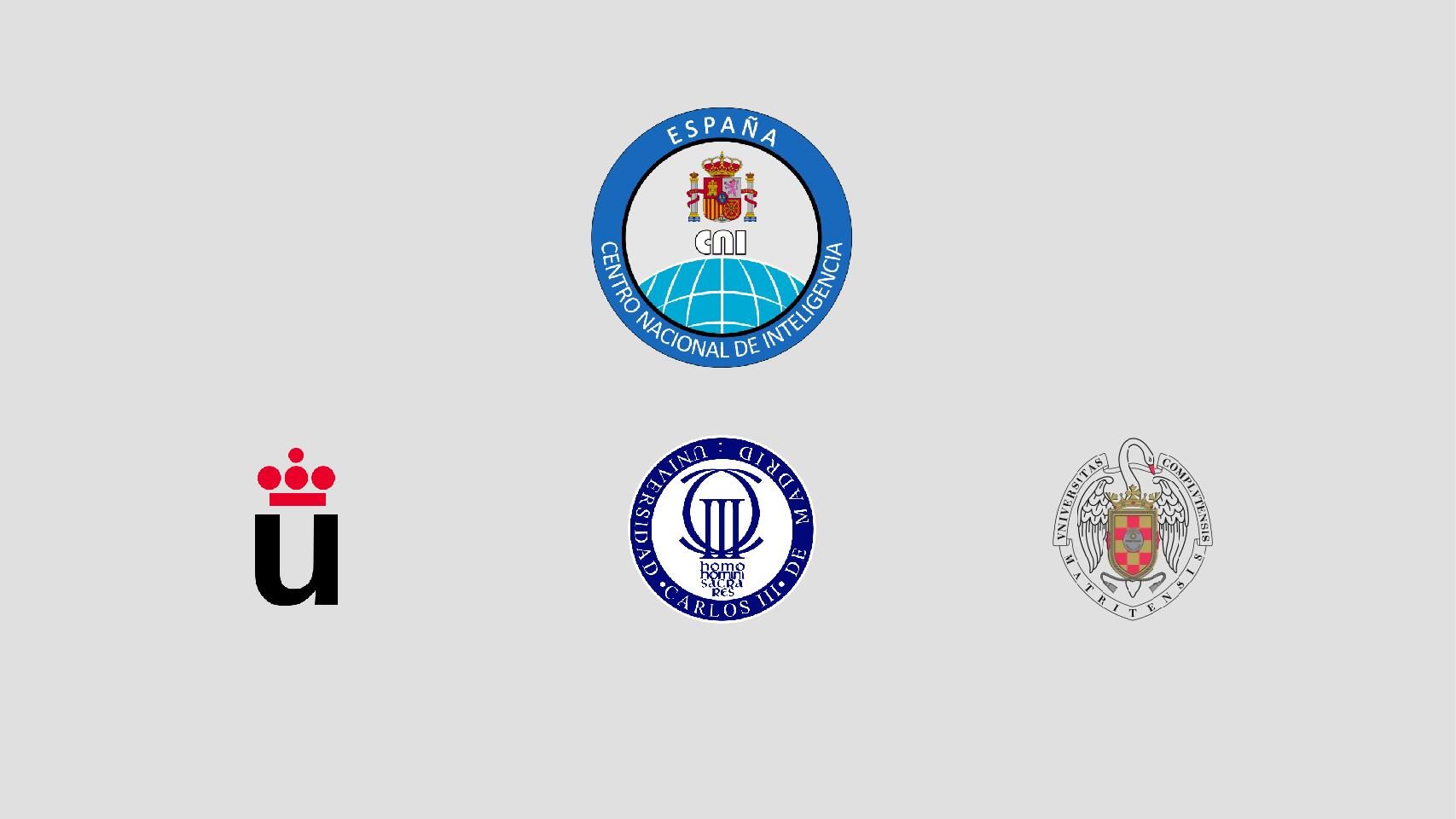
Launch of the Academic Programme in Madrid
The Centro Nacional de Inteligencia (CNI) of the Kingdom of Spain, in collaboration with Universidad Rey Juan Carlos (URJC), Universidad Carlos III de Madrid (UC3M) and Universidad Complutense de Madrid (UCM), organised the first module of the Intelligence College in Europe’s Executive Programme in Madrid, from 25 to 29 October 2021. The sessions took place at the campuses of these three partner universities, and the Universidad de Alcalá (UAH) and the Universidad de Cádiz (UCA) were also associated through various activities.